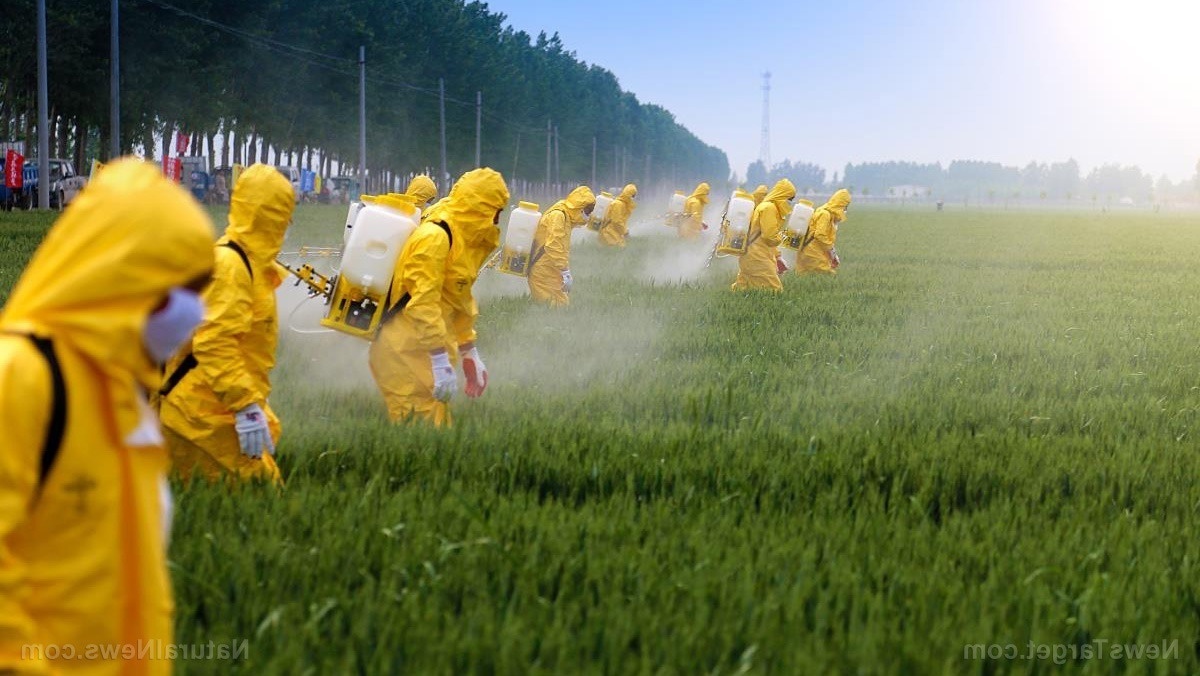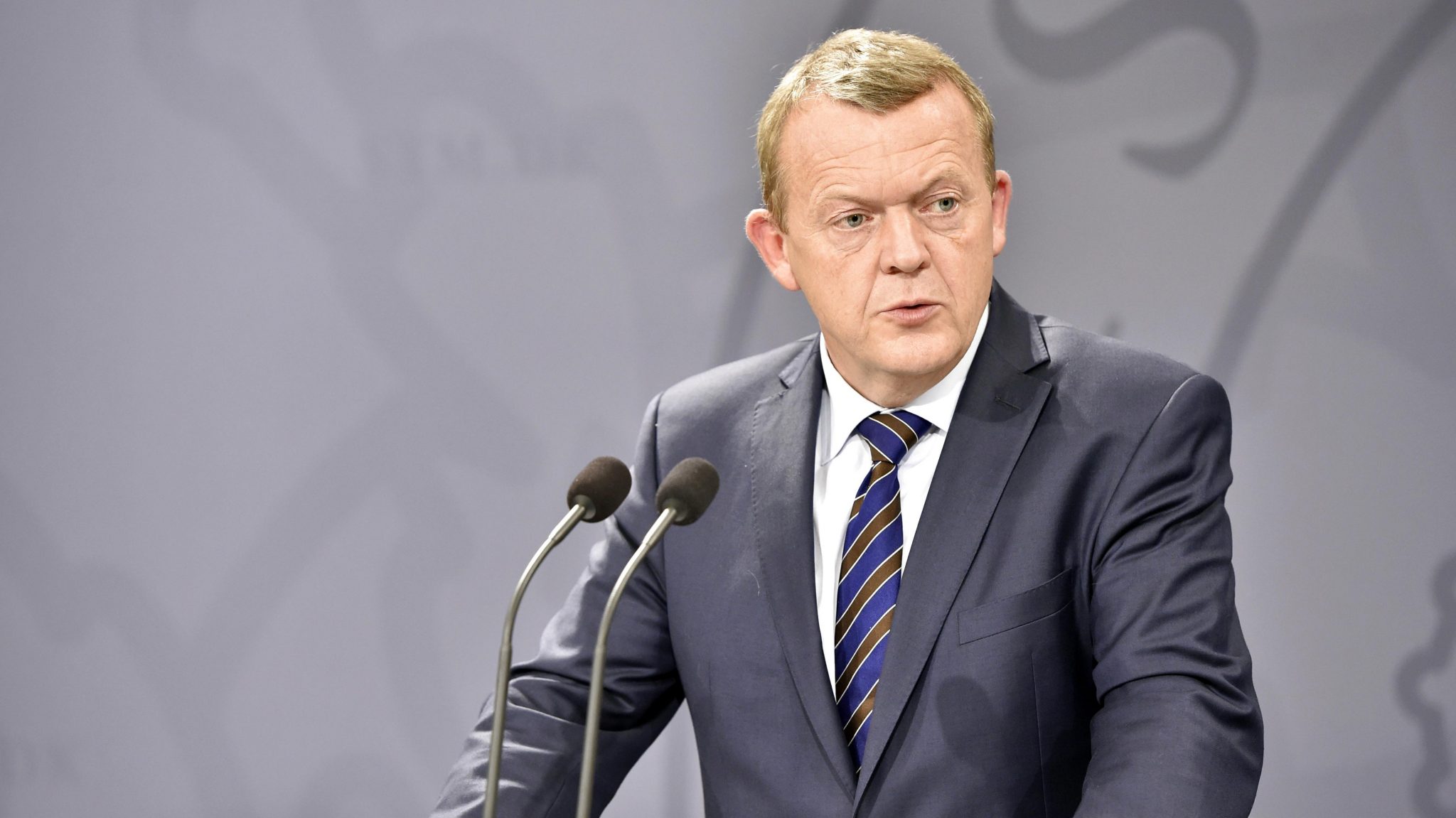
[authorbox authorid=”46″ title=”The Author”]
On last Tuesday, the European Parliament announced that it will set up a Special Committee on the Union’s authorisation procedure for pesticides. This move comes after the re-authorisation of the the herbicide glyphosate, which has repeatedly under fire for alleged health concerns. The Parliament intends on analysing the authorisation procedure itself, to assess conflicts of interest, and, specifically on the issue of glyphosate, it says that it wants to:
“analyse and assess, by using an evidence-based approach, the potential failures that might have arisen in the scientific evaluation of the approval, or renewal of approval, of active substances such as glyphosate by relevant EU Agencies, as well as compliance by the EU Agencies with relevant Union rules, guidelines and codes of conduct in force;”
This announcement by the EP raises a couple of questions about the parliamentarians’ recognition of scientific evidence. In 2015, the European Food Safety Authority (EFSA) had concluded that glyphosate is “unlikely to pose a carcinogenic hazard to humans”.
Furthermore, the agency also pointed out that it analysed the study conducted by the International Agency for Research on Cancer (IARC), which to date happens to be the only research that classified the herbicide as “probably carcinogenic”. The EFSA writes: “The evaluation considered a large body of evidence, including a number of studies not assessed by the IARC which is one of the reasons for reaching different conclusions.”. This damning conclusion wasn’t well received by those who intended on banning the herbicide by mere principle.
However, the news on the questionable background behind the claim of glyphosate causing cancer goes even further. In October last year, Reuters reported that the IARC edited out findings from its draft which contradicted its conclusion that the product was likely carcinogenic. The special report by the news agency stated that:
“Reuters found 10 significant changes that were made between the draft chapter on animal studies and the published version of IARC’s glyphosate assessment. In each case, a negative conclusion about glyphosate leading to tumors was either deleted or replaced with a neutral or positive one.”
Last year, the European Chemical’s Agency (ECHA) assessed that it will not classify glyphosate as carcinogenic for consumption. In December last year, the United States Environmental Protection Agency (EPA) also concluded that the product is unlikely to be carcinogenic. The European Crop Protection Association (ECPA) counts a total of 3,300 peer-reviewed studies on the topic of glyphosate, which manifestly state that the product is safe.
It seems as if the European Parliament takes the approach questioning scientific results once they don’t happen to confirm its narrative. After all, what are the presumptive expectations for an investigation into the EFSA and ECHA assessment? Are we to investigate a product as long as it fits our policy-based expectations? What would happen if we applied this to other areas of political debate?
It seems as if the parliament is willing to hold the overwhelming scientific finding on the herbicides in contempt, and deliberately insinuate that scientists who adequately elaborated their method of reaching their conclusion, must have been paid off by an industry group. Instead of evidence-based policy-making, certain parliamentarians seem to be more interested in engaging in policy-based evidence-making.
If every single assessment of food safety will fall under this level of implied scepticism towards the agencies that produce these reports, then there is a legitimate question to be put to the member of the European Parliament if they believe that they should exist at all. After all, if we THINK a product is bad, that is all that seems to really matter.



